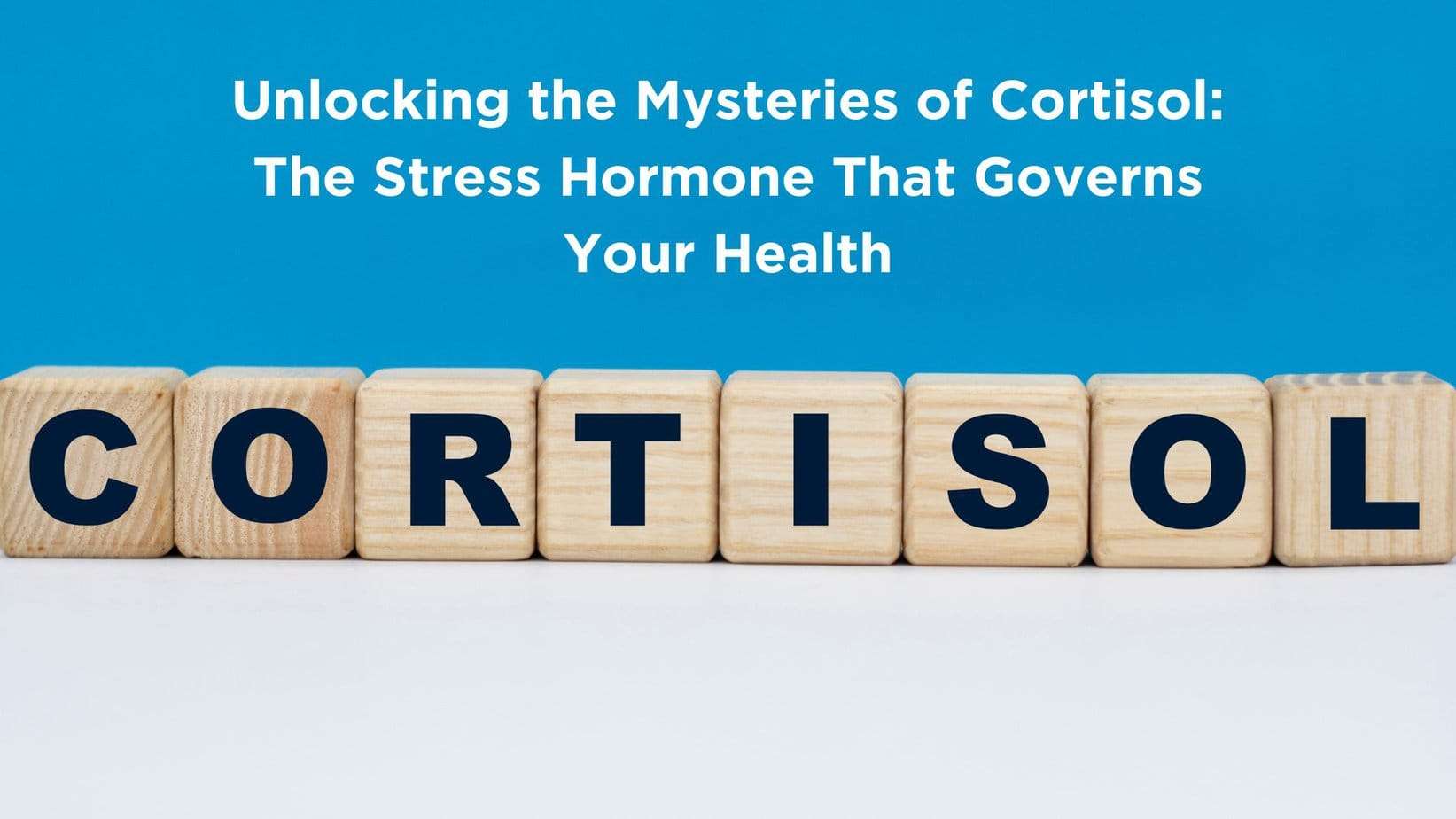
The Comprehensive Guide to Cortisol: More Than Just a Stress Hormone
Introduction: Demystifying What is Cortisol
So, what is cortisol? Often dubbed as the “stress hormone,” cortisol is a critical steroid hormone produced in your adrenal glands. While it’s famous for managing stress, cortisol is responsible for several physiological processes, including metabolism, blood sugar regulation, and blood pressure. It’s a vital element for sustaining your overall health and well-being. To gain a deeper insight into how hormones like cortisol maintain balance in your body, check out our page on homeostasis.
The Multifaceted Role of Cortisol
Contrary to the narrow view that cortisol is simply the “stress hormone,” it actually serves a diverse array of functions. When your body experiences stress, cortisol levels soar, equipping the body to handle various stressors. It influences your heart rate, blood pressure, and other vital functions. Interested in how CBD might interact with heart rate, potentially tied to cortisol regulation? Read more here.
The Negative Effects of Elevated Cortisol Levels
High cortisol levels can result in an assortment of health issues, ranging from weight gain and muscle fatigue to mood changes. High cortisol levels also interfere with blood sugar levels, leading to complications, especially for those dealing with diabetes. Discover how CBD may provide a therapeutic angle for managing diabetes.
Factors Contributing to High Cortisol Levels
A multitude of factors can lead to elevated cortisol levels. Apart from chronic stress and mental health issues like anxiety and depression, certain medications and medical conditions like Cushing’s syndrome can result in high cortisol levels.
Identifying Symptoms of High Cortisol Levels
Early identification of high cortisol levels is vital for timely and effective treatment. Some common signs you should be aware of include:
- Rapid weight gain
- Extreme fatigue
- Increased blood pressure
- Elevated blood sugar levels
- If high blood pressure is a concern for you, find out how CBD might help.
Practical Strategies on How to Lower Cortisol
How to lower cortisol in your body? There are several paths to successfully lower cortisol levels and restore equilibrium:
- Mindfulness Techniques: Breathing exercises, meditation, and yoga have proven to be effective in how to lower cortisol levels.
- Physical Exercise: Frequent aerobic activity can help in how to lower cortisol levels substantially.
- Nutrition and Diet: Consuming a balanced, healthy diet rich in antioxidants can aid in lowering cortisol.
Why Monitoring Cortisol Levels is Essential
Regular assessments of your cortisol levels are crucial for understanding your overall health condition. Cortisol levels can be checked through blood tests, but saliva and urine tests are also effective means. If cortisol levels concern you, consult a medical professional for an accurate diagnosis and appropriate treatment options.
When to Seek Medical Advice Concerning Cortisol Levels
If you’re experiencing symptoms that hint at high or low cortisol levels, immediate medical advice is recommended. Treatments may include lifestyle modifications, therapeutic techniques, or specific medications to regulate cortisol levels effectively.
Concluding Thoughts: Understanding Cortisol’s Vital Role in Health
Grasping what cortisol is and recognizing its effects on your body provides a holistic view of your overall well-being. Both high and low cortisol levels can significantly affect your life quality, making it crucial to manage them efficiently. For those dealing with stress or cortisol-related symptoms, Genesis Blend CBD Oil Full Spectrum may offer an alternative remedy.
In wrapping up, cortisol is far more than a mere stress hormone. It’s an integral part of your overall health, and knowing how to lower cortisol levels through lifestyle changes, stress-management techniques, or medical interventions can significantly enhance your overall health and quality of life.
Disclaimer: Before opting to use CBD for symptoms related to cortisol, it’s always advisable to consult with your healthcare provider for personalized medical advice.
